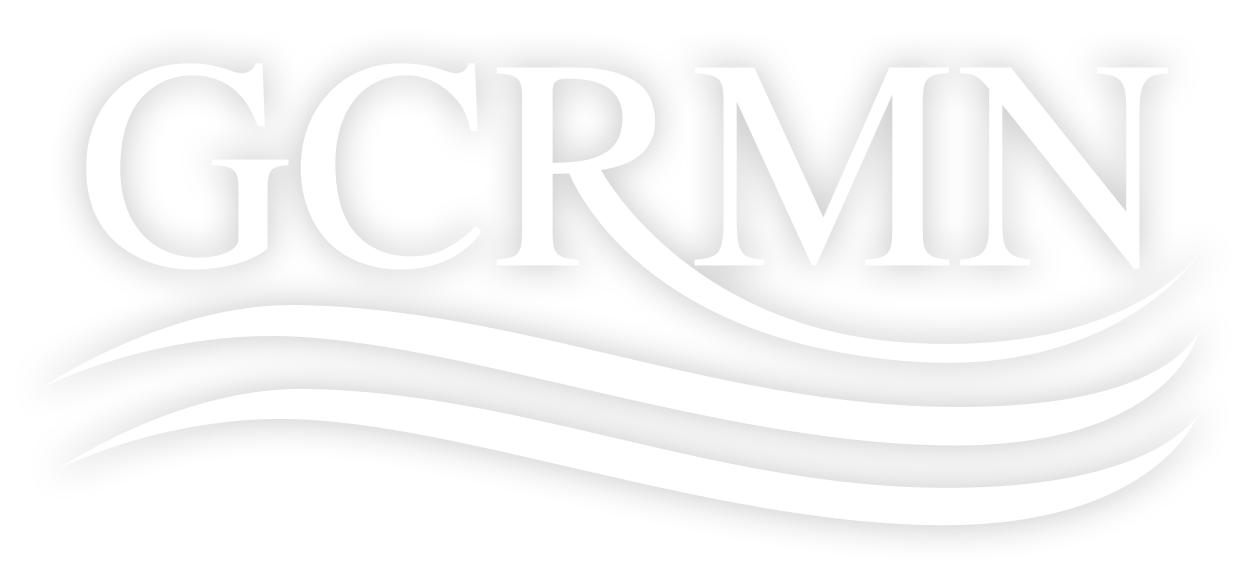Monitoring the human dimensions of the Great Barrier Reef

People are a part of the Great Barrier Reef. SELTMP is assisting Reef managers and decision-makers within the Great Barrier Reef region to better understand the human dimension of the Reef, to help improve planning and management for the Reef’s future. Resilience-based management of the Great Barrier Reef (GBR; the Reef) requires monitoring of critical […]
Call for Data for the Next GCRMN Global Report
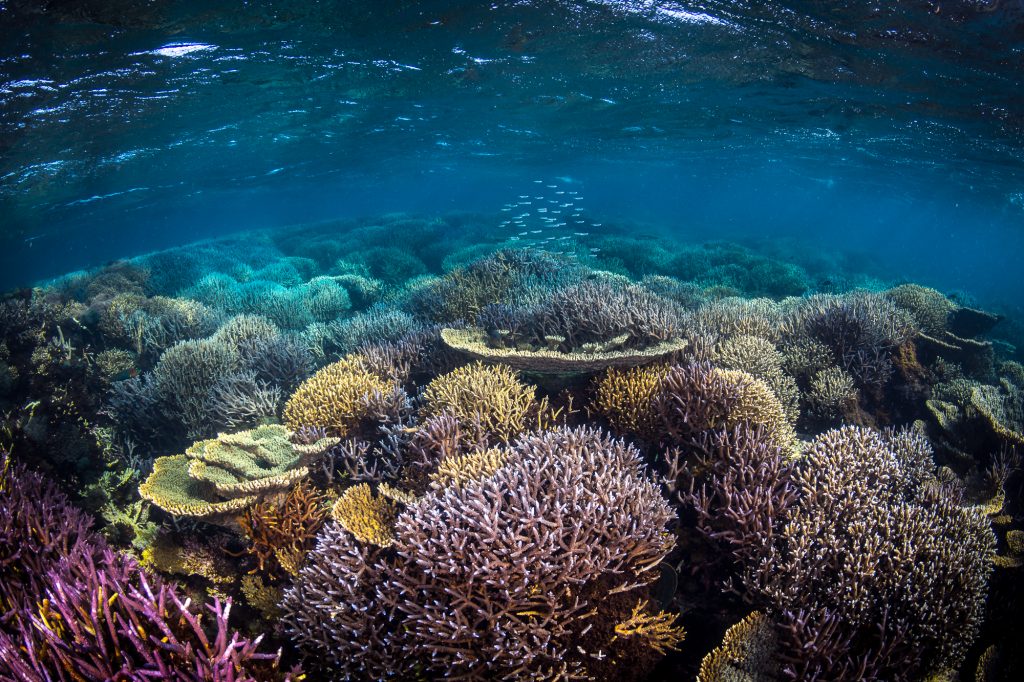
The GCRMN Global Team have launched a call for coral reef monitoring data for the preparation of the next global report; the Status of Coral Reefs of the World: 2025. The GCRMN was established by ICRI in 1995 to monitor the condition of the world’s coral reefs. The GCRMN has published an extensive range of […]
GCRMN Caribbean Launches Call for Data

The GCRMN was established by ICRI in 1995 to monitor the condition of the world’s coral reefs. The GCRMN has published an extensive range of global, regional, and thematic reports on coral reef status and trends. The GCRMN collates and presents coral reef data, aggregating from national to regional levels, and then to a global […]
Bleaching can hamper reproduction and recovery in corals
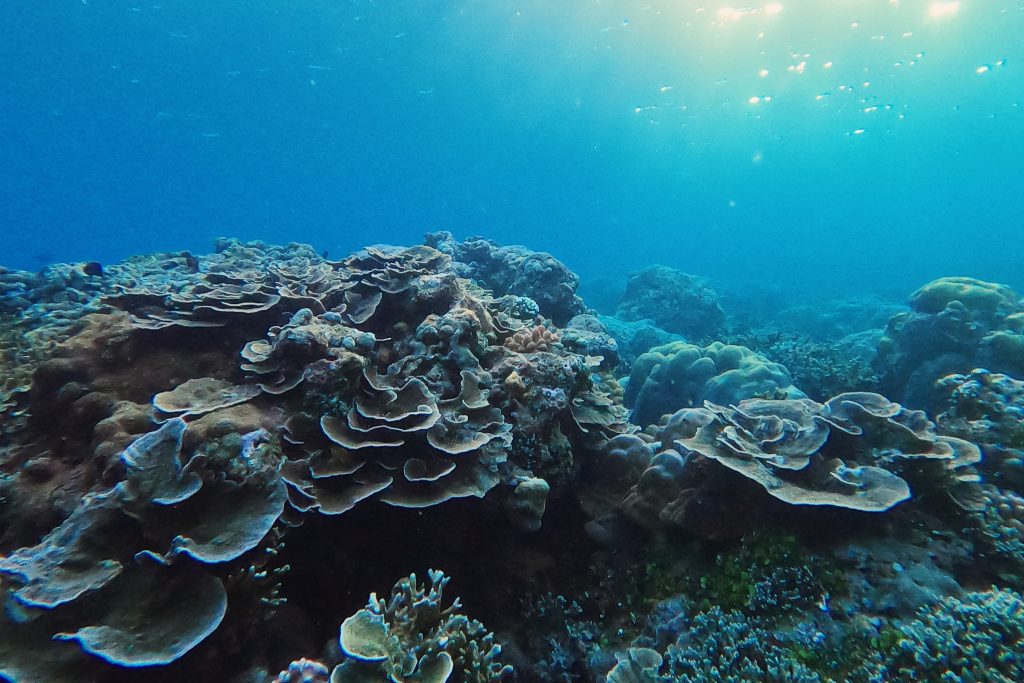
Bleaching can suppress reproduction in a common coral species found in the Great Barrier Reef, hampering future reef replenishment, new research led by the Australian Institute of Marine Science (AIMS) and James Cook University (JCU) has identified. The research on populations of a branching stony coral (Acropora millepora) in Woppaburra sea Country of the Keppel […]
GCRMN Steering Committee Meeting – March 2024
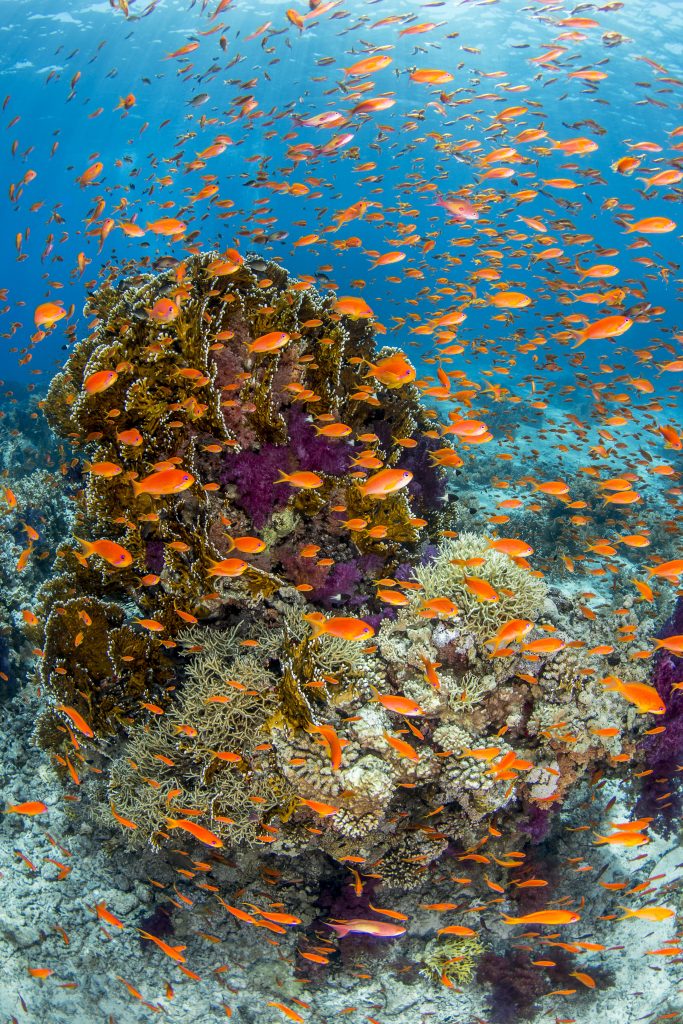
On 26th March 2024, the GCRMN convened its Steering Committee for a productive meeting focusing on the production of the next Global Report. Jennifer Koss, chair of the Steering Committee and co-chair of ICRI, opened the meeting by highlighting the pressing nature of the current global coral reef situation, as we are on the cusp of […]
Samoa step up coral reef monitoring
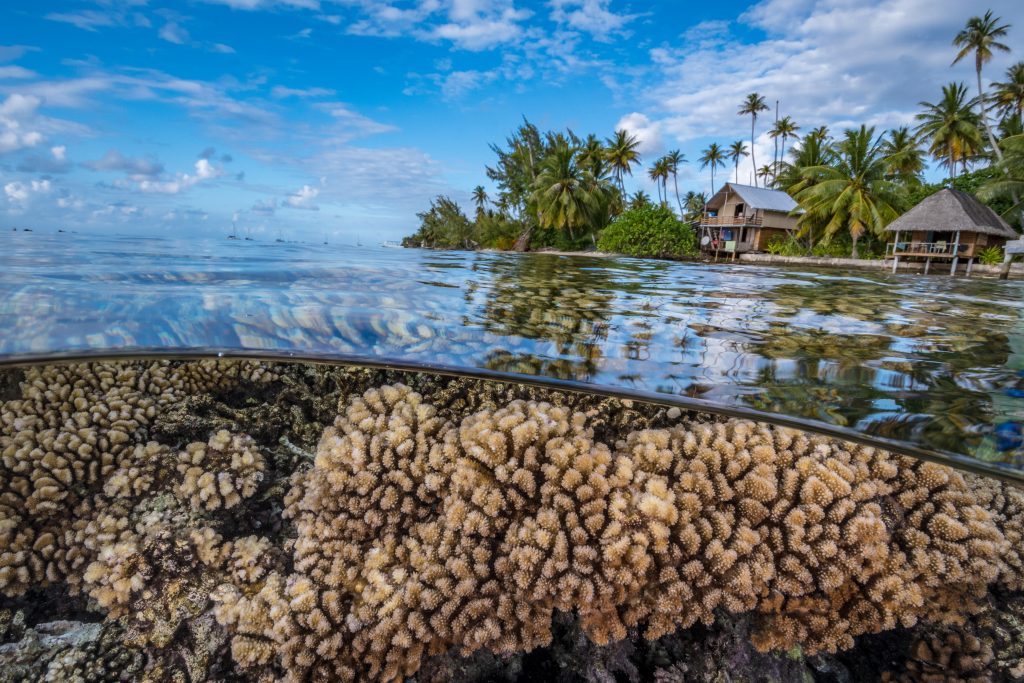
AIMS has played a guiding role in helping Samoa draft the design of a national coral reef monitoring program to standardise and integrate local monitoring efforts. This will help the Pacific nation better understand the status and trends of its coral reefs and fisheries and inform how they are best managed. In addition, AIMS concluded […]
GCRMN Regional Coordinators Meeting – February 2024
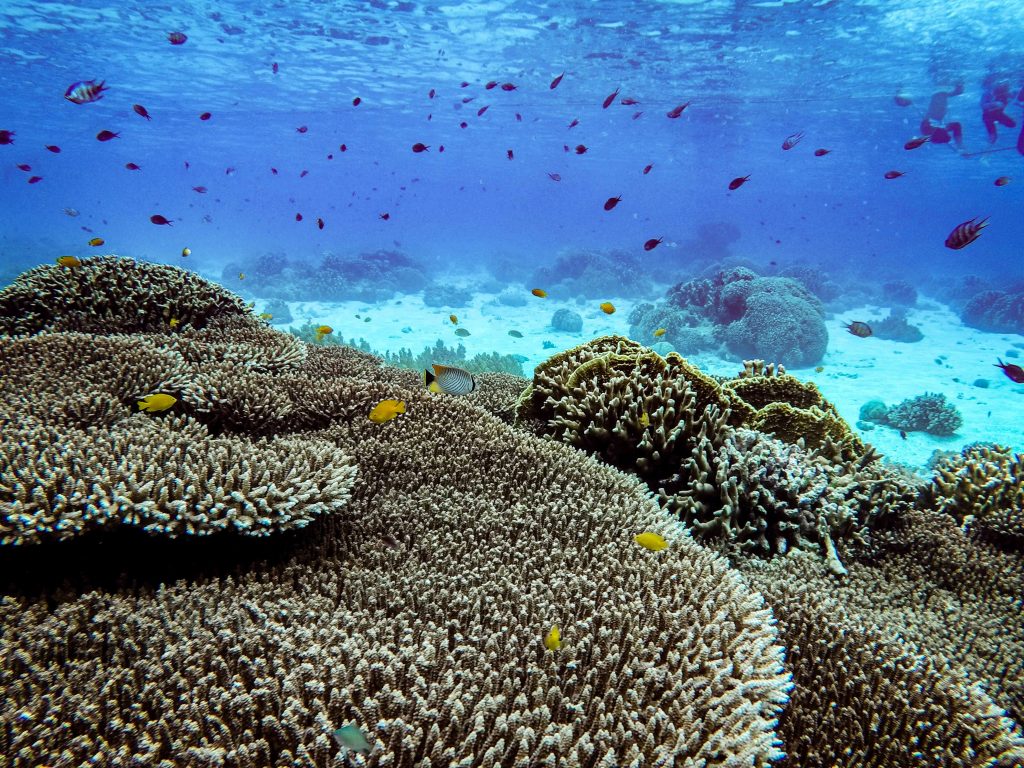
The Global Coral Reef Monitoring Network (GCRMN) is a global network of scientists, managers and organisations that monitor the condition of coral reefs throughout the world, operating through 10 regional nodes, which operate as entities under the GCRMN driven by regional coordinators. These coordinators facilitate the communication within the region, host workshops on monitoring and […]
Eastern Tropical Pacific node online meeting
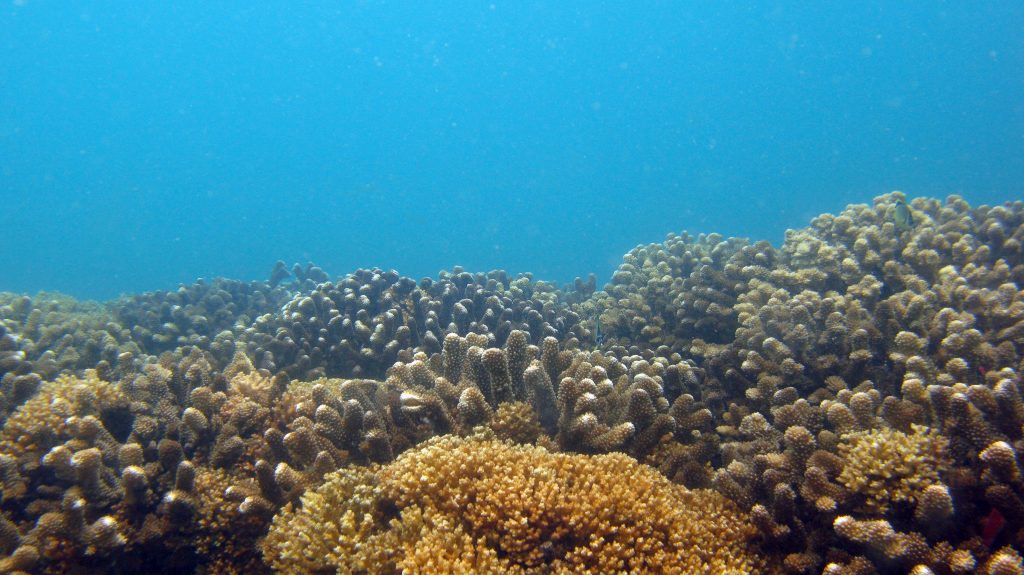
Following the June 2023 in-person meeting hosted in Cali, Colombia, the members of the Eastern Tropical Pacific node decided to meet on bi-monthly online meetings. These regular virtual sessions were considered necessary to maintain the cohesion of the regional network and for members to share their observations about the impacts of the 2023 marine heatwave […]
GCRMN-Caribbean Steering Committee meeting
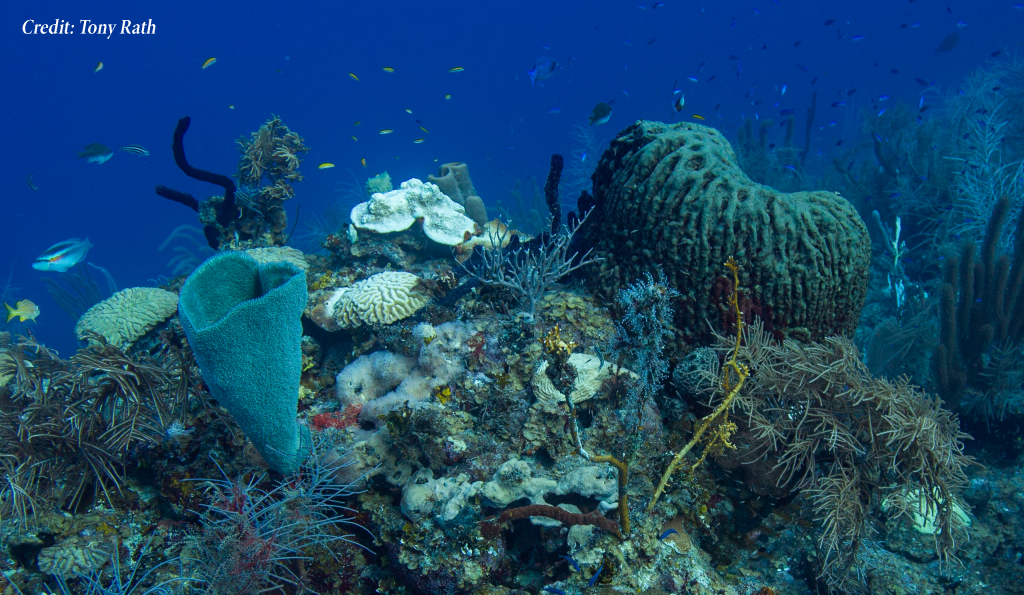
The GCRMN Caribbean node coordinators are currently defining a roadmap to produce a new “Status and Trends of Caribbean Coral Reefs” report, nearly 10 years after the release of the previous regional report (Status and Trends of Caribbean Coral Reefs: 1970-2012). In this context, the Regional Activity Center for Specially Protected Areas and Wildlife of […]
GCRMN Caribbean network online survey
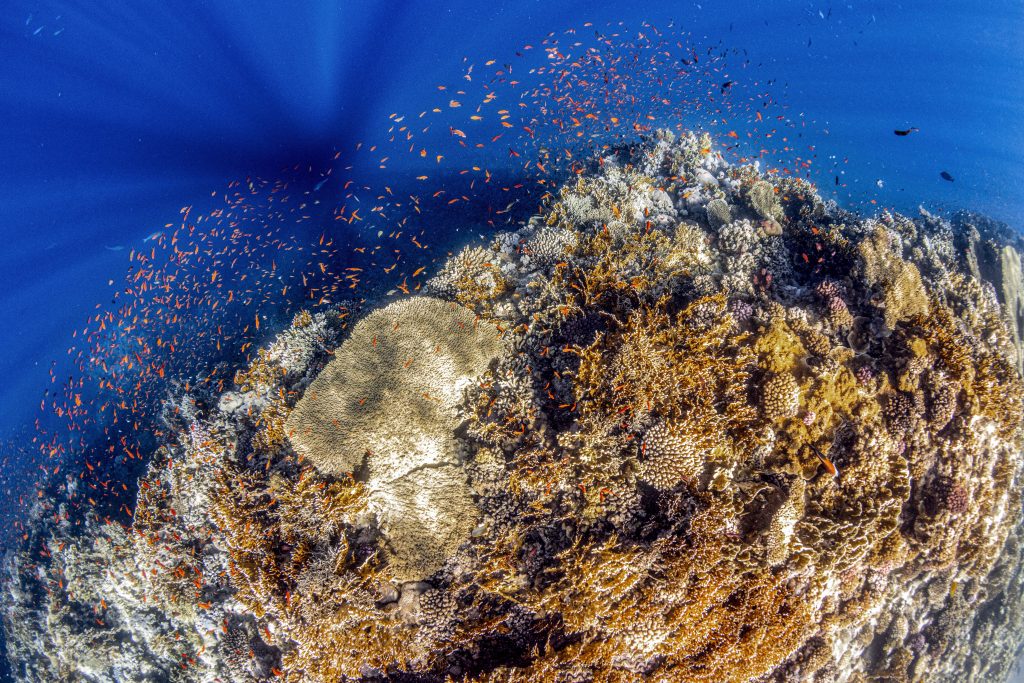
The GCRMN-Caribbean is an operational network of GCRMN in the Caribbean Region. It aims to ensure the collection of useful, comparable, and accessible data that can reveal the status and trends of the coral reef ecosystems in the Wider Caribbean Region. The network promotes an integrated approach with biophysical and socioeconomic data, to create regular, […]
